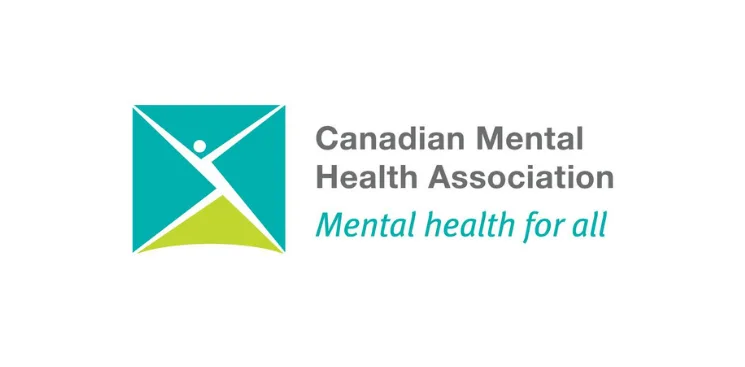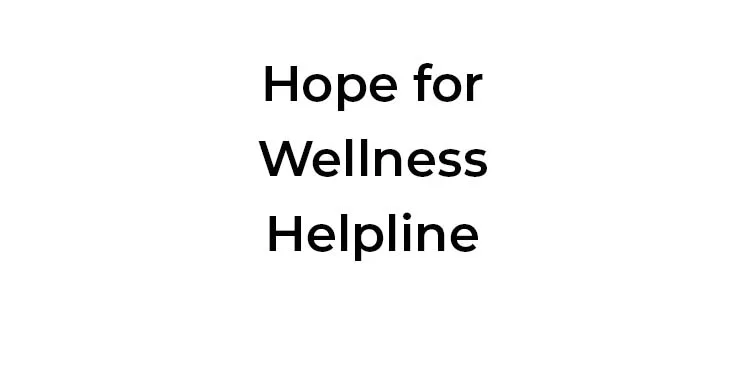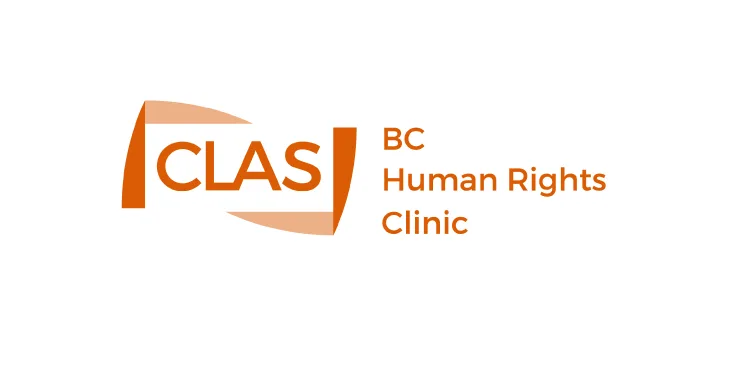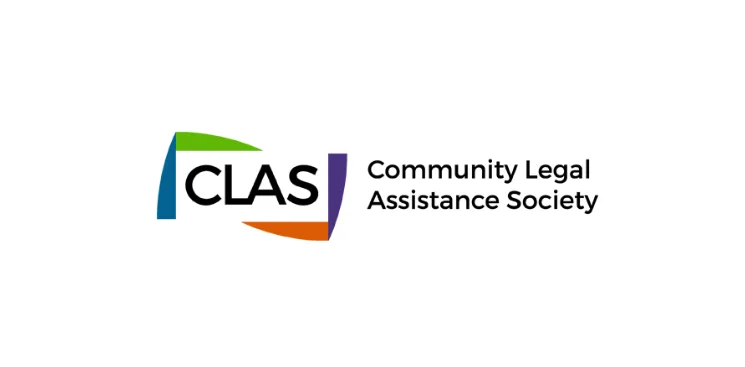
The law helps protect anyone with a mental disability from discrimination. An undiagnosed condition can qualify.
The law helps protect anyone with a mental disability from discrimination. Learn what amounts to discrimination based on a mental disability, and steps to take if you’re discriminated against.
Content warning
This page describes experiences of discrimination. It may bring up difficult or traumatic memories or feelings.
What you should know
Mental health issues are common. Experiencing them isn’t a sign of weakness or failure. Nor is reaching out for help. There are others eager to support you. If you have mental health concerns, we list some options below, under who can help.
Human rights law helps protect everyone from discrimination based on a mental disability. If someone has a mental disability, they can’t be treated badly or unfairly because of the disability. Someone also can’t be treated badly or unfairly because others perceive they have a mental disability when they don’t.
Under BC human rights law, this protection applies in four main areas of daily life:
in the workplace
in housing, whether renting a place to live, living in a strata, or buying a home
when accessing services available to the public, such as restaurants, gyms, hospitals, and schools
in publications, like a published article or flyer
Discrimination can take many forms
Discrimination can occur when someone is treated badly because of a mental disability. For example, if a worker is fired on revealing they are experiencing mental health issues.
Discrimination can also be less direct. Sometimes a policy or practice that applies to everyone can have a discriminatory effect on some people. For example, say a strata doesn’t allow dogs. The rule applies to all those living in the strata, so it seems fair. But it’s unfair to a resident who has an anxiety disorder and shows that not being able to have a dog would have a negative impact on them. The rule discriminates against that resident based on their mental disability.
Sometimes the systems you interact with can work to discriminate against you. This is called systemic discrimination. It includes rules, policies, attitudes and structures that privilege some groups and disadvantage others. Here, we explain systemic discrimination in more depth.
Examples of discrimination
Here are some more examples of what discrimination based on a mental disability can look like:
A worker, experiencing depression after her workload doubled, said she would be taking stress leave, and was fired the next day (as happened here).
A renter was passed over for a rental unit after telling the landlord she suffered from depression (as happened here).
A student in a college program was removed from the program because the administrators perceived (unreasonably) that the student was mentally unstable (as happened here).
What human rights law applies
BC human rights law applies to housing in BC and most workplaces and services in the province. But there are some settings where the Canadian Human Rights Act applies. For example, it applies if you’re dealing with a company regulated by the federal government, such as an airline or a cellphone provider. Here is guidance on which human rights law applies, depending on the situation.
“My boss doubled my workload, and within a few weeks, I was so exhausted I couldn’t get day-to-day tasks done. My doctor said I was experiencing stress and depression. I learned this meant I was protected from being fired, as it qualified as a mental disability. So I took a medical leave. After a few months, I was able to return to work, with a more realistic workload.”
– T.C., Victoria, BC

Not all mental health issues rise to the level of a mental disability. To qualify as a mental disability under human rights law, someone’s condition must be ongoing, beyond their control, and interfere with their ability to perform significant functions that most people can manage.
It might be a diagnosed mental illness, such as depression or an anxiety disorder. But it doesn’t have to be. The definition of mental disability includes:
a diagnosed mental illness such as depression, bipolar disorder, or post-traumatic stress disorder
an involuntary mental impairment that interferes with the ordinary demands of life
a learning disorder
a developmental disability
a drug or alcohol addiction
What’s key is whether the person can show their mental health issues interfere with their ability to perform significant functions on an ongoing basis.
Employers, landlords, and people who provide a service to the public must try hard to accommodate the needs of disabled people. This is called the duty to accommodate. They must take reasonable steps to adjust to the unique circumstances of someone who has a mental disability.
Examples of the duty to accommodate
How a disability is accommodated depends on the specific situation. For example, let’s say a worker tells their employer they’ve been experiencing mental health issues. Reasonable accommodations might include allowing them some time off to get treatment, and more flexible hours on their return to the workplace.
Or in a housing context, a reasonable accommodation might require a strata to permit a resident with a mental disability to smoke medical marijuana despite a no smoking bylaw.
But there are limits. Employers and other duty-bearers don’t have to take steps that cause them undue hardship. Several factors go into figuring out where the line is. These include cost, health and safety concerns, and the impact on others affected.
The duty to inquire
There’s another duty that can also come into play: a duty to inquire. This arises when employers — or landlords or service providers — suspect, or ought to suspect, that someone may be dealing with a mental health issue.
For example, say your behaviour or performance at work suddenly changes. If there’s reason to think this might be due to your mental health, then before your employer disciplines or fires you, they have a duty to inquire as to whether a mental health issue may be behind the sudden change.
This can be tricky. The employer must balance the duty to inquire with the obligation to respect your privacy. They must keep information about your health condition confidential. They should only share it with people who need to know about it in order to keep you and the rest of the workplace safe.
If you believe you’ve been discriminated against because of a mental disability, there are steps you can take. These include getting advice on your situation, contacting the other party to raise your concerns, and making a human rights complaint. We walk you through the steps below, under work out the problem.
To prove you were discriminated against, you will have to show three things:
You have a mental disability. See above, under what is considered a mental disability.
You experienced an adverse impact. An adverse impact means something bad happened. An example is being fired from a job. Or being evicted from your housing. Or not being able to bring your emotional support dog into a store.
Your mental disability was a factor in the adverse impact. You have to show that the bad thing happened at least in part because of your mental disability.
Work out the problem
If you feel you’ve experienced discrimination, the first step is to get a handle on the situation. A good way to do this is to write down your story, or ask someone you trust to write it down. Just a few paragraphs or bullet points can relieve stress and clarify your thoughts.
Make sure you note:
What happened: describe the way you were treated unfairly.
The impact: details of how this experience has had a negative effect on your life.
Who else is involved: as in, who can back up your story.
Also think about what you want to happen. Presumably you want the discrimination to stop. Is that enough on its own? Are you hoping for the other party to commit to change their approach in situations like yours? Or something else to happen?
Sometimes it can be hard to figure out whether you were discriminated against. Your answers to these three questions can help you decide:
Can I show I have a mental disability? (See above, under what you should know, for what is considered a mental disability.)
Was I treated in a way that had a negative impact on me?
Was my mental disability one of the factors in how I was treated?
You’ll need to show how the answer is ‘yes’ to all three of these questions in order to show you were discriminated against. (Your mental disability doesn’t need to be the only or most important factor in how you were treated. It just needs to be a partial factor.)
Next, clarify your options. These will depend on your situation. Here are two examples:
If you’ve been discriminated against at work, your options could include talking to your manager or (if you’re in a union) your union representative, following a complaint process at your workplace, or making a human rights complaint.
If you’ve been discriminated against in your housing, your options could include talking with your landlord or strata council, writing a letter to them, or making a human rights complaint.
We dig into specifics in our in-depth coverage of discrimination in employment, housing, and accessing a service.
Consider getting legal advice
At this point, it can be very helpful to speak to a legal professional. They can help explain your rights and your options. The BC Human Rights Clinic offers a range of free legal services, including summary advice. (If you are Indigenous, you can ask to speak directly to an Indigenous legal advocate.) The Lawyer Referral Service can help connect you with a lawyer for a free 15-minute consult. For more options, see below under who can help.
If you’ve experienced discrimination, consider contacting the other party to raise your concerns. They may not be aware their actions or words negatively affected you. Talking things through might stop the problem from getting worse. Or resolve it entirely.
This can be delicate. In some situations it may not feel safe to contact the other party. And that’s fine; you can try another approach. But if you feel up to it, dealing with a difficult situation head on can resolve things more quickly. Especially if you raise your concerns calmly and thoughtfully.
If you’ve experienced discrimination, you can start a human rights complaint. A body called a tribunal will look at your complaint. It operates like a court but is less formal. If you prove you’ve been discriminated against, the tribunal can make an order to compensate you. They can also order other remedies. For example, they can order the person who discriminated to stop the discrimination and not do it again.
Who can help
Mental health issues aren’t a sign of weakness or failure. Nor is reaching out for help. If you are experiencing mental health issues, there are supports available.

Canadian Mental Health Association, BC Division
Provides mental health information, referral and support.

HealthLink BC, aka 8-1-1
A free, 24/7 provincial health information and advice phone line available in British Columbia.

KUU-US Crisis Line Society
Provides a 24-hour, First Nations and Indigenous-specific, culturally safe crisis support line.

Hope for Wellness Help Line
Provides mental health counselling and crisis intervention to Indigenous Peoples, 24/7.

BC Human Rights Clinic
Provides free assistance and representation to those who qualify for help with a discrimination complaint under BC law.

Community Legal Assistance Society’s Mental Health Law Program
Provides free legal representation for those who have been involuntarily detained in a facility due to mental health issues and have a hearing to review their detention.

Access Pro Bono's Free Legal Advice
Volunteer lawyers provide 30 minutes of free legal advice to people with low or modest income.

Access Pro Bono’s Everyone Legal Clinic
Clinicians provide affordable fixed-fee services on a range of everyday legal problems.

Lawyer Referral Service
Helps you connect with a lawyer for a complimentary 15-minute consult to see if you want to hire them.

BC Legal Directory
Search for a lawyer by community or legal issue. From the Canadian Bar Association, BC Branch.


